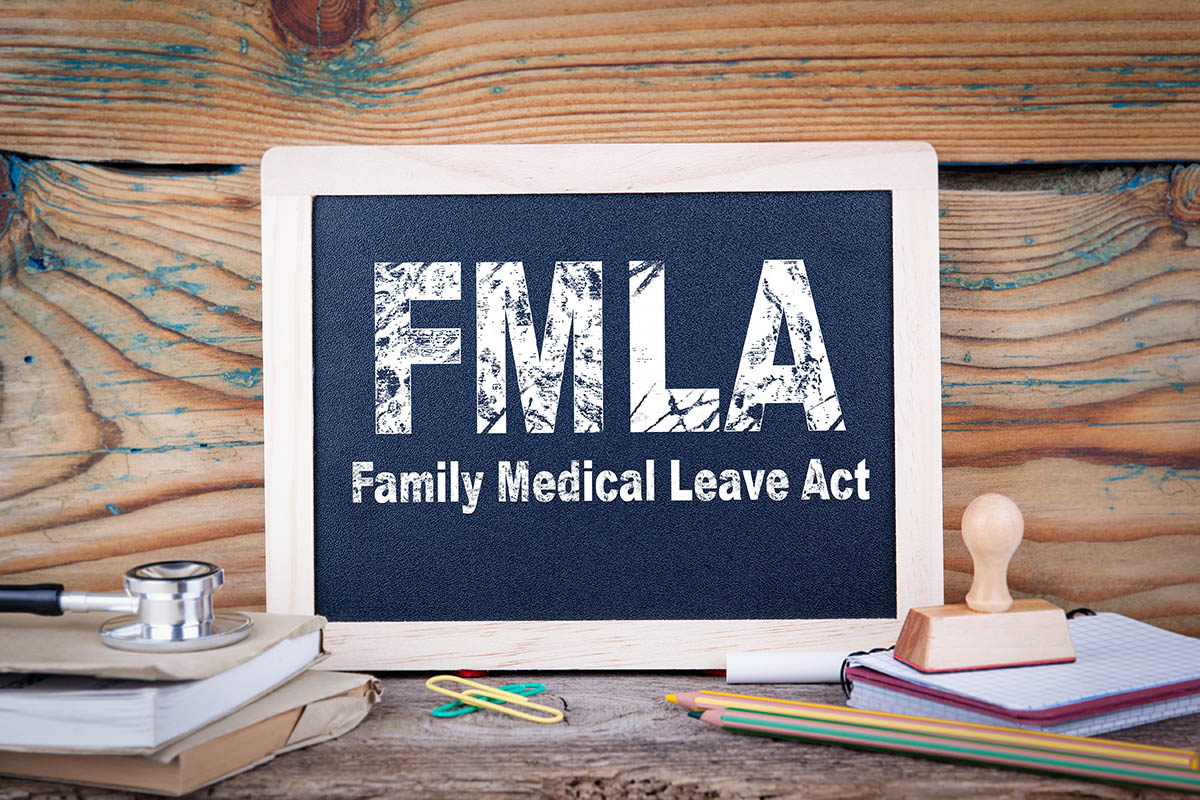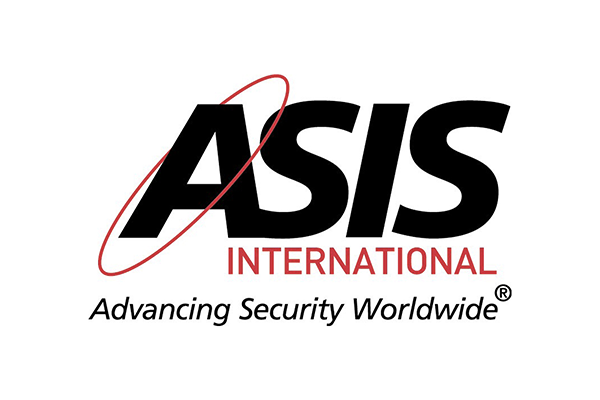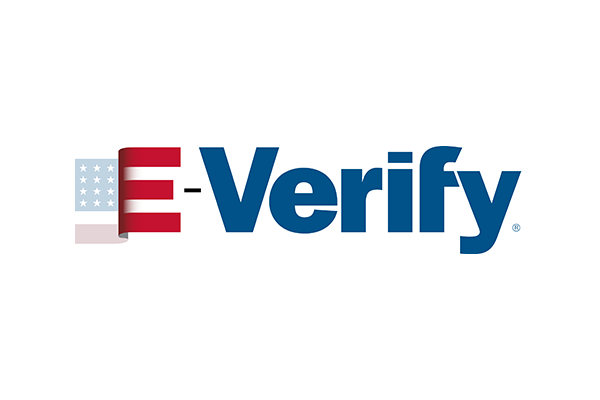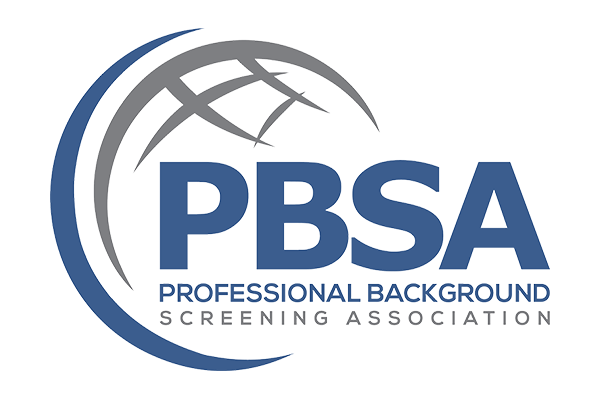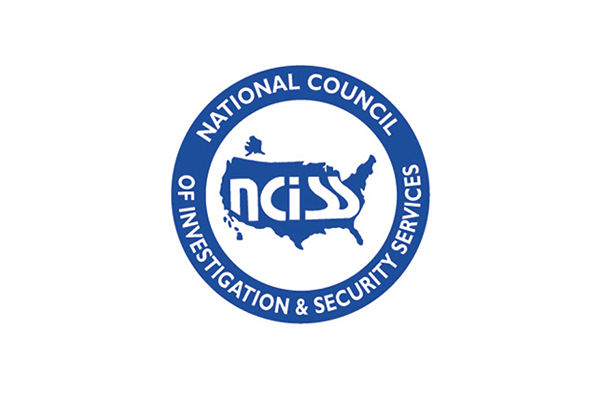As an employer, are you aware of the potential impact of FMLA abuse on your organization? In this blog, we'll delve into FMLA abuse statistics and explore the importance of effective employment screening in preventing and addressing this issue.
Join us as we discuss the consequences of FMLA fraud and how fostering a supportive, ethical workplace can help mitigate its effects.
Brief Overview of the Family and Medical Leave Act (FMLA)
The Family and Medical Leave Act (FMLA) is a federal law in the United States enacted in 1993 to provide eligible employees with up to 12 weeks of unpaid, job-protected leave per year for qualified medical and family reasons.
These reasons include the birth or adoption of a child, caring for a spouse, child, or parent with a severe health condition, or recovering from a serious health condition.
The FMLA ensures that employees can maintain their health insurance benefits during their leave and return to their same or equivalent position.
Importance of FMLA for Employees and Employers
The FMLA plays a crucial role in balancing the needs of employees and employers.
For employees, it provides the necessary time off to address personal and family health issues without the fear of losing their job or health insurance benefits. This promotes overall employee well-being and encourages a healthy work-life balance.
For employers, the FMLA fosters a supportive workplace environment that can improve employee satisfaction, retention, and productivity in the long run.
Moreover, by providing job protection, FMLA helps companies attract and retain top talent, contributing to their overall success and competitiveness in the market.
The Dark Side of FMLA: Abuse and Its Consequences
While the FMLA has numerous benefits, it has its drawbacks.
One primary concern is the potential for abuse by employees who take advantage of the protections afforded by the law to take time off work for reasons unrelated to medical or family issues.
This can lead to increased costs for employers in terms of lost productivity, hiring temporary replacements, and the administrative burden of managing and tracking FMLA leave.
Furthermore, FMLA abuse can create an unfair work environment for other employees who must pick up the slack, leading to decreased morale and potential resentment among the workforce.
Analyzing FMLA Abuse Statistics and Their Implications on Employment Screening
In the following sections, we will delve into FMLA abuse statistics to better understand the extent of this issue and its impact on businesses.
By examining the data, we can identify trends, patterns, and areas of concern that employers should be aware of.
In addition, we will explore the role of employment screening in preventing FMLA abuse and discuss best practices that can be employed to maintain a fair and supportive work environment while minimizing the risks associated with FMLA abuse.
FMLA Abuse: What It Looks Like
FMLA abuse occurs when an employee misuses the protections provided by the Family and Medical Leave Act to take time off work for reasons that are not genuinely related to medical or family needs.
This misuse of leave can result in negative consequences for both the employer and other employees, such as increased costs, reduced productivity, and decreased morale.
Common Ways FMLA is Abused
Employees may abuse FMLA in several ways, some of which are more easily detectable than others. Here are three common forms of FMLA abuse:
1. Exaggerating Medical Conditions
One common form of FMLA abuse is when an employee exaggerates the severity of a medical condition or falsifies the existence of a health issue to qualify for leave.
This can involve submitting fraudulent medical documentation or manipulating a healthcare provider's assessment to obtain approval for FMLA leave.
In some cases, employees may even conspire with a healthcare provider to support their fraudulent leave request.
2. Using FMLA Leave for Non-Medical Reasons
Another way FMLA is abused is when employees use their FMLA leave for purposes unrelated to medical or family needs.
For example, an employee may request leave to care for a sick family member but instead use the time off for a vacation or to pursue personal interests.
This type of abuse can be challenging to detect, as employees may be adept at fabricating reasons for their leave or providing deceptive documentation to support their claims.
3. Extending Leave Duration without Proper Justification
FMLA abuse can also involve employees extending their leave beyond the necessary period without a valid reason.
This can occur when an employee's condition improves. Still, they choose not to return to work or deliberately delay their recovery by not following medical advice.
In some instances, employees may exploit the intermittent leave provisions of the FMLA, which allow for leave to be taken in separate blocks of time or on a reduced schedule, to extend their time off without proper justification.
FMLA Abuse Statistics
Reliable and comprehensive data on FMLA abuse can be challenging to obtain, as it often depends on self-reporting by employers and employees, making it susceptible to underreporting.
However, various studies, surveys, and anecdotal evidence from human resources professionals and employment law experts shed light on the prevalence and impact of FMLA abuse.
By examining this data, we can better understand the extent of the issue and identify trends and patterns that employers should be aware of.
FMLA Abuse Rates and Trends Over Time
Although there is no definitive data source on FMLA abuse rates, surveys, and research indicate that abuse is a growing concern for employers.
According to a study conducted by the Society for Human Resource Management (SHRM), approximately 66% of HR professionals reported experiencing chronic FMLA abuse within their organizations.
Over the years, the number of FMLA claims has steadily increased, which could correlate with a rise in abuse cases. However, it is essential to recognize that not all increases in FMLA leave requests indicate abuse, as they can also result from increased awareness and utilization of the law's provisions.
Comparison of FMLA Abuse Rates Between Industries
FMLA abuse rates can vary significantly between industries.
Industries with higher rates of physical labor, such as construction, manufacturing, and transportation, may experience higher instances of FMLA abuse due to the more significant physical demands of the job.
Additionally, industries with a higher prevalence of shift work, such as healthcare and retail, may also experience increased abuse rates, as employees may attempt to use FMLA leave to avoid undesirable work schedules.
Understanding these industry-specific trends can help employers develop targeted strategies to prevent and address FMLA abuse.
Impact of FMLA Abuse on Businesses
The consequences of FMLA abuse can be substantial for businesses, affecting their bottom line and overall workplace culture.
Some of the direct impacts include:
1. Financial Losses Due to Absenteeism
When employees take paid medical leave, employers may face increased costs due to hiring temporary replacements or paying overtime to current employees to cover the workload.
In cases of abuse, these costs can be particularly frustrating for employers, as they are incurred for unjustified reasons.
2. Loss of Productivity
FMLA abuse can lead to reduced productivity within the workplace, as employees who are absent for fraudulent reasons can disrupt workflow, delay projects, and put additional strain on other team members.
This can result in missed deadlines, decreased output, and lower workplace efficiency.
3. Legal Consequences and Liabilities
Suppose an employer suspects FMLA abuse and takes action against an employee.
In that case, they may expose themselves to potential legal liabilities if they do not follow the proper procedures or their suspicions are unfounded.
Additionally, if FMLA abuse goes unchecked, it can create a toxic work environment, potentially leading to increased employee turnover, negative public perception, and even lawsuits from employees who feel they are being treated unfairly.
Detecting and Preventing FMLA Abuse
Navigating the complex world of FMLA abuse can be challenging for employers; however, with the right strategies in place, it is possible to minimize its occurrence within your organization.
1. Importance of Thorough Employment Screening
One of the first steps in preventing FMLA abuse is conducting comprehensive employment screening during the hiring process.
By selecting candidates with strong work ethics, a history of reliability, and demonstrated integrity, employers can minimize the risk of hiring individuals prone to FMLA abuse.
A thorough background check, including verification of previous employment, education, and criminal history, can help identify potential red flags.
2. Implementing Clear FMLA Policies and Procedures
Establishing clear FMLA policies and procedures is essential in preventing abuse.
Employers should have a well-defined policy that outlines the eligibility requirements, the process for requesting leave, documentation requirements, and the consequences of abusing FMLA leave.
This policy should be easily accessible and communicated to all employees, ensuring they understand their legal rights and responsibilities.
3. Training for HR Personnel and Managers
Proper training for human resources personnel and managers is crucial in detecting and addressing FMLA abuse.
Training should cover FMLA regulations, the company's specific policies and procedures, and how to identify potential signs of abuse.
Additionally, training should emphasize the importance of consistently applying policies and procedures to avoid accusations of discrimination or favoritism.
4. Monitoring FMLA Leave Requests and Usage
Regularly monitoring FMLA leave requests and usage can help employers identify patterns or trends that may indicate abuse.
By keeping track of employee leave, employers can detect unusual patterns of absence, such as frequent requests for leave around weekends or holidays, and investigate further if necessary.
It is also essential for employers to maintain open communication with employees on leave, periodically checking in on their well-being and progress.
5. Conducting Periodic Audits
Periodic audits of FMLA leave usage and documentation can help ensure compliance with the law and identify potential cases of abuse.
Audits should involve reviewing leave records, medical certifications, and any other relevant documentation to confirm the legitimacy of the leave.
If discrepancies or concerns are identified, employers should follow a well-defined process to investigate further, ensuring they maintain employee privacy and adhere to legal requirements.
Employment Screening Best Practices to Combat FMLA Abuse
Implementing the most effective employment screening practices is crucial in the fight against FMLA abuse, ensuring that your organization hires only the most reliable and trustworthy candidates.
Comprehensive Background Checks
Conducting thorough background checks is essential to the employment screening process, helping employers identify potential risks and red flags. To effectively combat FMLA abuse, consider the following components in your background checks:
- Criminal History: Checking an applicant's criminal history can reveal past behavior that may indicate dishonesty or a lack of integrity. While not all criminal records are relevant to FMLA abuse, fraudulent behavior or deceit patterns could be warning signs.
- Employment History: Reviewing an applicant's employment history, including their previous roles, duration of employment, and reasons for leaving, can help identify patterns of absenteeism or job-hopping. Frequent job changes or a history of leaving positions under questionable circumstances may warrant further investigation.
- Education Verification: Verifying an applicant's education credentials can help ensure they have the qualifications for the position and demonstrate their honesty. Falsification of educational qualifications may indicate a willingness to deceive and could signal a risk for FMLA abuse.
Assessing Candidate Integrity
Evaluating a candidate's integrity during the hiring process can help identify individuals more likely to abuse FMLA leave. Consider these approaches:
- Behavioral-Based Interviews: Incorporating behavioral-based interview questions can help assess a candidate's integrity and work ethic. Asking questions that require applicants to describe how they handled specific situations in the past can provide insights into their honesty, decision-making, and reliability.
- Reference Checks: Contacting an applicant's professional references can provide valuable information about their character, work habits, and reliability. Be sure to ask specific questions about the applicant's attendance, adherence to company policies, and any concerns regarding their honesty or integrity.
Ongoing Employee Evaluations and Feedback
Regular performance evaluations and feedback can help monitor employee behavior and address any issues before they escalate into FMLA abuse.
By maintaining open lines of communication and providing constructive feedback, employers can foster a culture of accountability and transparency.
Encouraging an Ethical Workplace Culture
Promoting an ethical workplace culture is a proactive approach to combating FMLA abuse.
Employers should emphasize the importance of honesty, integrity, and adherence to company policies.
Encourage open communication, support employees facing medical or family issues, and recognize and reward ethical behavior.
By fostering a positive and supportive work environment, employees will be less likely to engage in FMLA abuse and more likely to respect the rights of their coworkers.
Legal Considerations for Employment Screening and FMLA Compliance
Navigating the legal landscape surrounding employment screening and FMLA compliance is critical to maintaining a fair and supportive work environment while mitigating potential risks.
Ensuring Compliance with State and Federal Laws
Employers must ensure their employment screening and FMLA compliance practices adhere to all applicable state and federal laws, including the Fair Credit Reporting Act (FCRA), the Americans with Disabilities Act (ADA), and various state-specific regulations.
These laws govern the collection, use, and disclosure of personal information during the hiring process and protect employees' medical and family leave rights.
Employers should consult legal counsel to ensure their policies and procedures align with current legislation.
Balancing Employee Privacy and Employer Rights
While employers have the right to conduct background checks and monitor FMLA usage, they must also respect employees' privacy rights.
It is essential to obtain written consent from applicants before conducting background checks and ensure that any medical information collected is kept confidential and separate from regular personnel files.
Employers should also limit access to this sensitive information to only those individuals with a legitimate need to know.
Avoiding Discrimination During the Hiring Process
Employers must ensure that their employment screening practices do not result in discrimination based on race, color, religion, sex, national origin, age, disability, or any other protected characteristic.
This includes being cautious about hiring based on an applicant's criminal history or medical conditions, which may violate anti-discrimination laws.
Employers should consult legal counsel to ensure their hiring practices comply with the Equal Employment Opportunity Commission (EEOC) guidelines.
Legal Consequences of Non-Compliance
Failure to comply with employment screening and FMLA regulations can result in significant legal consequences for employers, including fines, penalties, and potential lawsuits from applicants or employees.
Non-compliance with the FCRA can lead to civil liability. At the same time, violations of the ADA or other anti-discrimination laws can result in costly legal battles and reputational damage.
Employers found to have wrongfully denied or interfered with an employee's FMLA rights may be liable for damages, including back pay, attorney fees, and other costs.
Ensuring compliance with all applicable laws is critical to minimizing legal risks and maintaining a fair and supportive workplace environment.
Key Takeaways
Throughout this blog, we have explored the prevalence of FMLA abuse and its detrimental effects on businesses, including financial losses, reduced productivity, and potential legal consequences.
By examining available data and understanding the specific challenges faced by various industries, employers can better address the issue of FMLA abuse within their organizations.
Importance of Effective Employment Screening in Preventing FMLA Abuse
A key aspect of preventing FMLA abuse is implementing thorough and effective employment screening processes, including comprehensive background checks, assessing candidate integrity, and conducting regular employee evaluations.
By carefully selecting candidates with strong work ethics and a demonstrated commitment to honesty, employers can reduce the risk of FMLA abuse within their workforce.
Encouraging a Supportive and Ethical Workplace Culture to Minimize FMLA Abuse
Fostering a positive and ethical workplace culture is essential in combating FMLA abuse.
By promoting honesty, integrity, and adherence to company policies, employers can create an environment where employees feel supported and valued.
Open communication, recognition of ethical behavior, and assisting employees facing medical or family challenges can further reinforce a culture of trust and respect.
In doing so, employers minimize the risk of FMLA abuse and contribute to a more engaged, productive, and satisfied workforce.
Partner with CIC for Investigations and Comprehensive Employment Screening
Are you seeking expert assistance in addressing FMLA abuse and ensuring the most qualified candidates join your team?
Corporate Intelligence Consultants is here to help. As a licensed investigative firm in Ohio and Michigan, we specialize in FMLA abuse investigations and provide discreet surveillance services to uncover potential fraud.
Our experienced professionals will work closely with you to identify and address any FMLA abuse concerns within your organization.
In addition to our investigative services, we offer comprehensive employment screening services designed to help you make informed hiring decisions.
Our thorough background checks include the following:
- Researching criminal history.
- Verifying education and employment history.
- Assessing candidate integrity to ensure you hire only the best candidates for your business.
Don't let employee fraud and abuse impact your company's bottom line and workplace culture.
Partner with CIC and gain peace of mind from working with a trusted, experienced team dedicated to protecting your organization's interests.
Contact us at 419.874.2201 to discuss your needs and learn more about our range of services tailored to meet your specific requirements.

